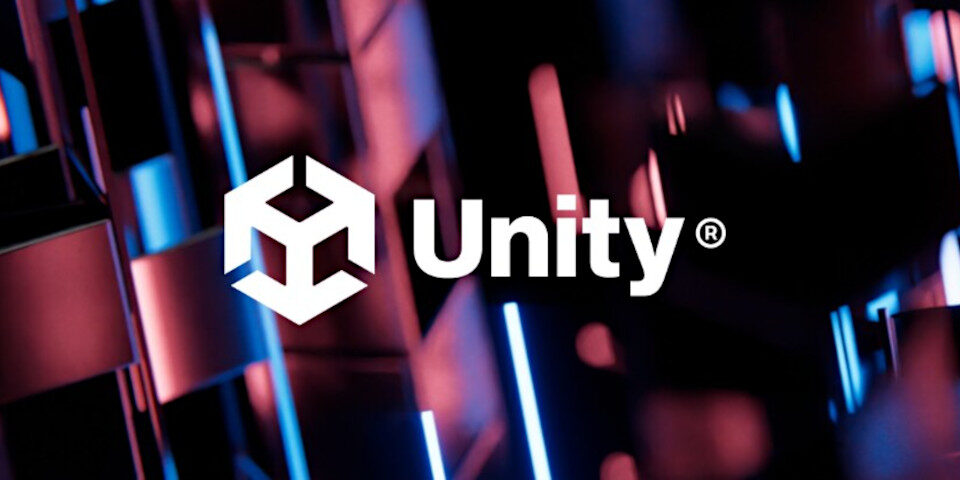FAQs: Unity’s new pricing and the Unity Runtime Fee

Originally posted on 25 September 2023. Unity has now scrapped the Runtime Fee.
Unity has announced a second new price structure for the Unity game engine in 10 days, relaxing its controversial plan to levy a per-install fee on games created with it.
The new Unity Runtime Fee will still be charged on high-earning games created using paid Unity Pro and Unity Enterprise accounts, but will only come into force with the next LTS release.
Games created using free Personal subscriptions will now be entirely exempt.
What pricing changes did Unity originally plan to make?
Unity originally announced new pricing on 12 September, with the changes due to come into force on 1 January 2024.
The new price structure added new services to Unity subscription plans, including AI platform Unity Sentis, at the cost of imposing a per-installation fee on games created using the engine.
The new Unity Runtime Fee was originally due to be charged on games created using any Unity plan, including free Personal subscriptions, once a game reached a minimum installation and annual revenue threshold.
It proved to be incredibly unpopular with users, with over 1,000 indie game developers signing an open letter of protest, and Terraria developer Re-Logic donating $100,000 towards the development of rival open-source game engine Godot.
How has Unity changed its plans in response to the controversy?
In response to the backlash, Unity has now relaxed some of the more controversial aspects of the new pricing.
The Unity Runtime Fee will now only be levied on games created using paid subscriptions, and will not be levied on games already created or currently in development.
The fee will also be calculated according a dev’s own installation figures.
How does this affect free Unity Personal subscriptions?
Free Personal subscriptions will now be entirely exempt from the fee.
In addition, Unity will raise the revenue threshold for Personal accounts from $100,000/year to $200,000/year, and remove the previously obligatory ‘Made with Unity’ splash screen from games created using them.
How does this affect paid Unity Pro and Unity Enterprise subscriptions?
The runtime fee will still apply to games created using Unity Pro and Unity Enterprise accounts – the old Unity Plus subscription tier has been scrapped – but will only come into force with games created using the next Long Term Support release: that is, Unity 2023 LTS, due next year.
Updated 20 November 2023: Unity has announced that the next Long Term Support release will now be called Unity 6.
Games created using older versions of Unity will be exempt.
The fee will be charged on games that have both a million or more ‘lifetime initial engagements’ – that is, initial installations: reinstallations, or installations on multiple devices don’t count to the total – and have made at least $1 million gross revenue in the preceding 12 months.
Developers whose games cross the threshold now have a choice of paying the fee either on a per-installation basis, or as 2.5% of their total revenue: you can find more details here.
Does this affect the use of Unity for previs, offline animation or visualization?
For artists using Unity for non-gaming work, the Unity Runtime Fee does not apply to film, gambling or educational subriptions “at this time”, or to Unity Industry subscription plans.
How has the Unity user community reacted to the latest set of changes?
The latest changes take some of the sting out of the new pricing and, for Unity Personal subscribers, who finally get the Unity splash screen removed, are now unqualified good news.
However, for developers on paid-for subscriptions, it’s still an additional fee to pay on top of the existing subscription charges, and the reputational damage to Unity that the episode has caused remains.
How much do subscriptions to Unity now cost?
Unity Personal subscriptions are free, and are now available to artists with revenue under $200,000/year.
Sales of new Unity Plus subscriptions, which used to cost $399/year, have already been discontinued, although existing subscribers can renew their plans until 27 March 2024.
Unity Pro subscriptions cost $2,040/year, while Unity Enterprise subscriptions are priced on demand. You can find a feature comparison table here.
Games created with either Unity Pro or Unity Enterprise subscriptions will also be eligible for the Unity Runtime Fee from next year’s Long Term Support release onwards.
Read Unity’s original statement about its planned changes to pricing
Read Unity’s statement about its subsequent decision to relax the Unity Runtime Fee
Read Unity’s online FAQs about the Unity Runtime Fee and other price changes
Have your say on this story by following CG Channel on Facebook, Instagram and X (formerly Twitter). As well as being able to comment on stories, followers of our social media accounts can see videos we don’t post on the site itself, including making-ofs for the latest VFX movies, animations, games cinematics and motion graphics projects.
